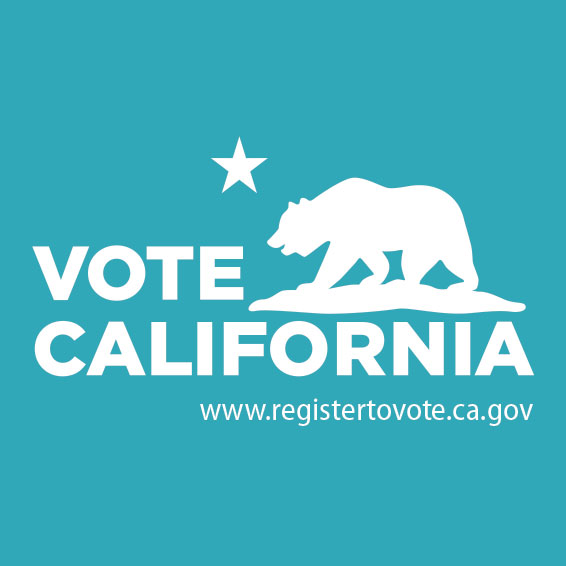Bargaining & Contracts
The Bargaining Process: A Historical Perspective
Since 1982, rank-and-file civil service employees in California State government have been covered by collective bargaining, a process for negotiating wages, hours, and other terms and conditions of employment. This collective bargaining process is governed by the Ralph C. Dills Act (Government Code sections 3512-3524). The Public Employment Relations Board administers and enforces the Dills Act.
The State’s rank-and-file employees are divided into 21 bargaining units. Each bargaining unit is represented by a union; in some cases the same union represents multiple units. These “exclusive representatives” negotiate directly with the State employer, represented by the California Department of Human Resources.
Search the CalHR database of ratified bargaining unit contracts or for any modifications to bargaining unit contracts.
Please view a short video that explains the changes in how the content is displayed on the website.

Goal of the Bargaining Process
The goal of negotiations between CalHR and each bargaining unit is to reach agreement on a contract covering a specified time period. The contract, also called a memorandum of understanding, or MOU, spells out the terms and conditions of employment for that particular unit, including any pay or benefit increases.

The Process of Contract Bargaining
Prior to negotiating a new contract, CalHR and the union representing the bargaining unit release initial bargaining proposals in a public meeting, called a “sunshine” meeting. The Dills Act requires such meetings to provide the public with an opportunity to become familiar with the proposals and to comment on them.
Actual bargaining takes place in meetings limited to negotiators for the State and negotiators for the bargaining unit. CalHR leads the management bargaining team, which also includes labor relations personnel from other departments.
Once CalHR and the union agree on a new contract – called a “tentative agreement” until it’s ratified – the Legislature must vote on its economic provisions and any law changes it requires for implementation. Once it receives legislative approval, the agreement goes to the Governor for signature. The union also submits the agreement to its members in the bargaining unit for ratification. The new contract is implemented after it has been ratified by the union, approved by the Legislature, and signed by the Governor.
Last Updated Date: 07/30/2025



